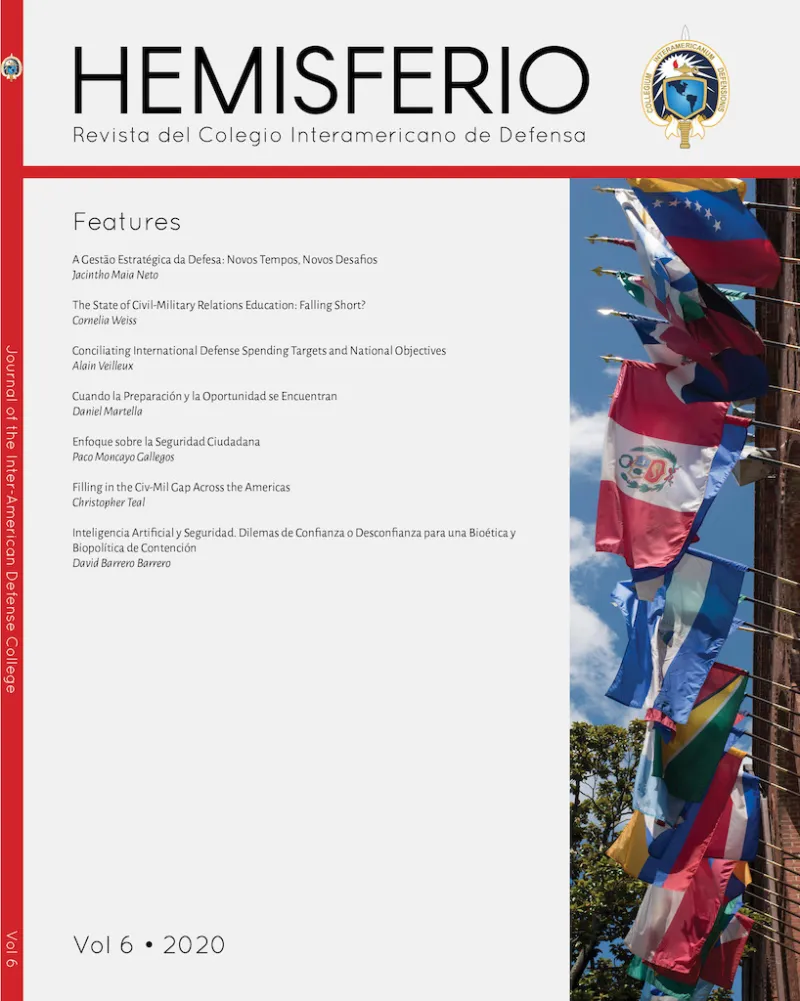Conciliating International Defence Spending Targets and National Objectives
DOI:
https://doi.org/10.59848/20.1207.HV6n6Palavras-chave:
economic theory, alliances, free-riding, NATO, defence budgetResumo
Most NATO nations remain under pressure to increase national defence budgets, although this would be unlikely to improve significantly the Alliance response and deterrence capability. In the context of likely post-COVID 19 fiscal constraints, pressure should shift to meeting existing personnel requirements and increased participation towards more targeted and efficient contributions, along the lines of the “four-thirties” plan. While Canada has committed to increase defence spending with a view to continue to be a valued NATO partner as well as a committed international actor in uncertain times, the Canadian defence budget also balances responsibilities at home and in North America. While the larger countries will continue to assume the bulk of burden-sharing, unity, purpose and resilience of NATO will outweigh smaller country commitment to defence spending against GDP.
Downloads
Publicado
Edição
Seção
Licença
Copyright (c) 2020 Hemisferio - Revista do Colégio Interamericano de Defesa

Este trabalho está licenciado sob uma licença Creative Commons Attribution-NonCommercial 4.0 International License.


